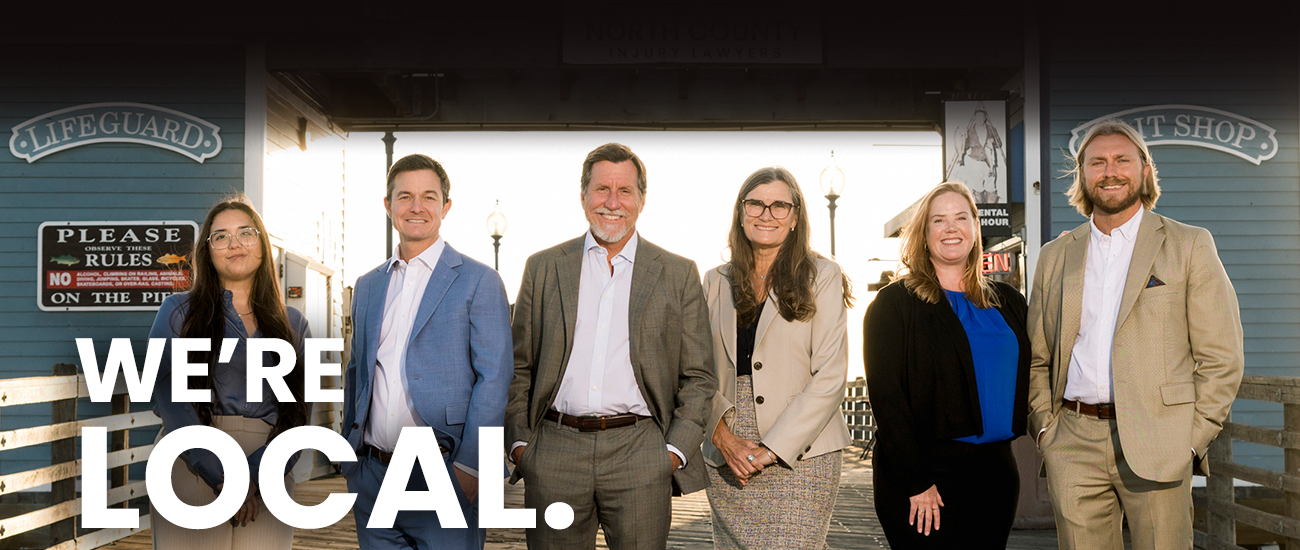- Free Consultation: 760-571-5500 Tap Here to Call Us
Many San Clemente Concussion Patients Not Receiving Proper Care

If you or someone you love recent sustained a jolt to the head that led you to have concerns about a concussion or a more severe traumatic brain injury (TBI), you may have visited a hospital in Southern California. This is a good start, yet visiting a doctor just once over a suspected concussion may be insufficient. While many concussions go untreated in general—meaning that the injury victim never seeks a medical assessment or medical treatment for the head wound—there is a new problem involving a lack of follow-up care. According to a recent news release from the University of Southern California, “most concussion patients get no care after leaving [the] hospital.”
What does this mean in practice? In short, more than 50% of people who suffer concussions fail to seek the follow-up care they need in order to recover from the injury.
Patients Risk Adverse Effects by Avoiding Follow-Up Treatment After a TBI
After suffering a mild TBI like a concussion, patients are supposed to return to the doctor for follow-up care. However, as the news release explains, only about “44% saw a physician or other provider within three months of their injury,” which medical experts describe as “a critical period for care.” Moreover, less than half of all concussion patients even take home education materials about mild TBIs when they leave a doctor’s office following diagnose. The news release reports that only 47% of all patients did so in a recent study.
This information comes from a study conducted by researchers at USC’s Keck-Schaeffer Initiative for Population Health Policy. The study has been published in JAMA Network Open. Seth Seabury, one of the lead authors of the study, explained how “the lack of follow-up after a concussion is concerning because these patients can suffer adverse and debilitating effects for a very long time.” Seabury further explained that “even patients who reported experiencing significant post-concussive symptoms often failed to see a provider,” suggesting “a lack of awareness, among patients and providers, that their symptoms may be connected to their brain injury.
Concussions are a form of mild TBI, and they affect millions of Americans every year. In total, the U.S. Centers for Disease Control and Prevention (CDC) believes that anywhere from 3.2 million to 5.2 million people in the United States currently are living with “long-term health effects of traumatic brain injury.”
Steps to Take After Suffering a Concussion
What steps can you take to give yourself the best chance of recovery after a concussion? A tip sheet from the Cleveland Clinic recommends the following:
- Learn to identify triggers that worsen your symptoms, and take steps to avoid them (like bright lights, for example);
- Get enough sleep, allowing your brain the time it needs to recover;
- Give your brain rest by avoiding any kind of intellectual overstimulation (for example, studying or attempting to learn more information);
- Get enough rest in general and do not engage in activities that increase your heart rate unless your doctor says it is okay to do so;
- Do not drive a car until you have recovered; and
- Visit your doctor for necessary follow-up appointments, especially if you have additional symptoms that appear, if your symptoms worsen, or if your symptoms do not improve.
Contact a San Clemente Brain Injury Lawyer
Concussions can be have long-lasting effects, even if they do not seem especially serious at first. If you or someone you love sustained a concussion because of another party’s negligence, a San Clemente brain injury lawyer may be able to help. Contact the Walton Law Firm for more information about the services we provide to clients in Southern California.
See Related Blog Posts: More Than Concussions Cause CTE, New Study Says Traumatic Brain Injuries Linked to Intestinal Damage
(image courtesy of Sean Brown)









